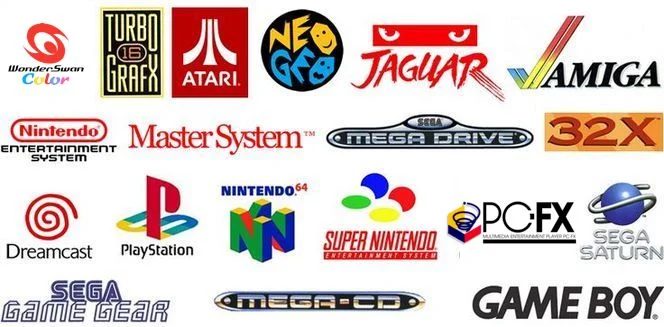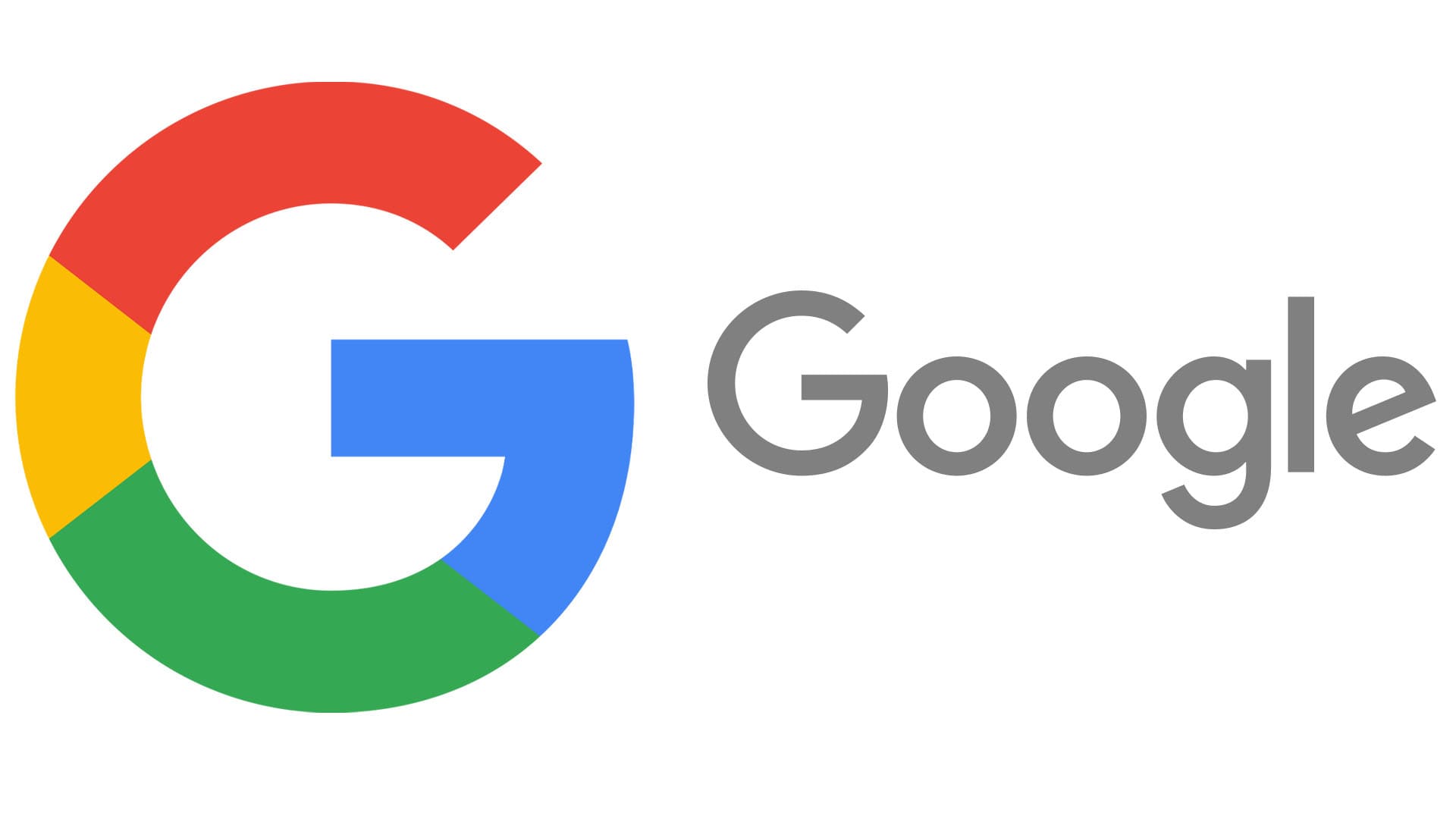
Google Says Bill C-18 Will ‘Encourage Cheap Clickbait’

Google on Friday appeared before MPs at the Standing Committee on Canadian Heritage to answer questions about the company’s recent news-blocking tests in Canada.
Last month, Google started blocking news content for some Canadian users across its search engine and the Discover feed on Android devices to test a “potential product response” to the federal government’s Online News Act, also known as Bill C-18.
Bill C-18 was proposed last year and seeks to establish a legal and regulatory framework to force internet giants like Google and Facebook parent Meta Platforms to pay news media and journalists for linking to their content.
“Requiring payment based on linking encourages cheap clickbait, not quality journalism,” Google said in an open letter to Canadians.
Friday’s committee meeting was attended by Sabrina Geremia, Vice President and Head of Google in Canada, and Jason Kee, a subject matter expert on Search, News and Ads. Geremia was the only Canada-based executive among the Google employees summoned by MPs in the wake of the news-blocking tests.
According to Google, the company served over 3.6 billion links to Canadian news publishers in the last year alone, creating about $250 million worth of value for these websites.
Geremia testified against Bill C-18 before MPs, noting that the current draft “has some very serious problems.” The exec went on to say that putting a price on free links to webpages, as the bill does, sets a dangerous precedent and could “encourage the creation of cheap, clickbait content.”
She also criticized Bill C-18’s exemption and eligibility criteria for having shifted so significantly and being too vast, to the point that even subsidies of media companies that don’t produce news could benefit from it.
Furthermore, Geremia said that the bill doesn’t require publishers to have a clearly defined commitment to a code of ethics for eligibility. “The bill is no longer about supporting journalism,” the exec added, noting that C-18 would subsidize large legacy organizations and broadcasters while hurting emerging and innovative publications.
Last year, Google warned the feds that Bill C-18, in its current form, could inadvertently benefit biased news outlets.
“We remain committed to working constructively with the Canadian government on reasonable and balanced solutions that would fix Bill C-18 and contribute to a healthy, innovative, and diverse news ecosystem for the digital age,” Geremia told MPs.
You can read Geremia’s full testimony, along with Kee’s explanation of Google’s news-blocking tests, here.

